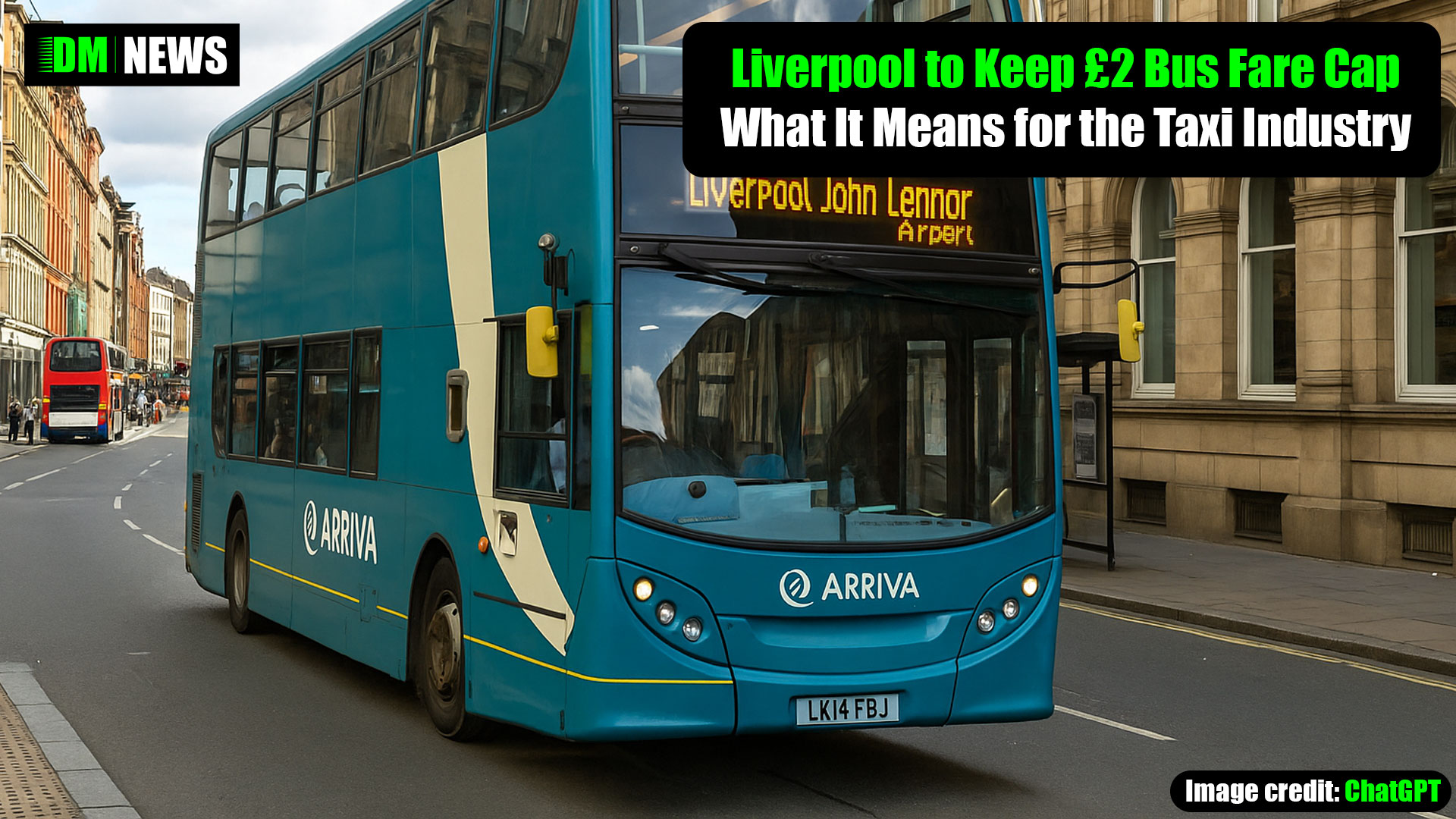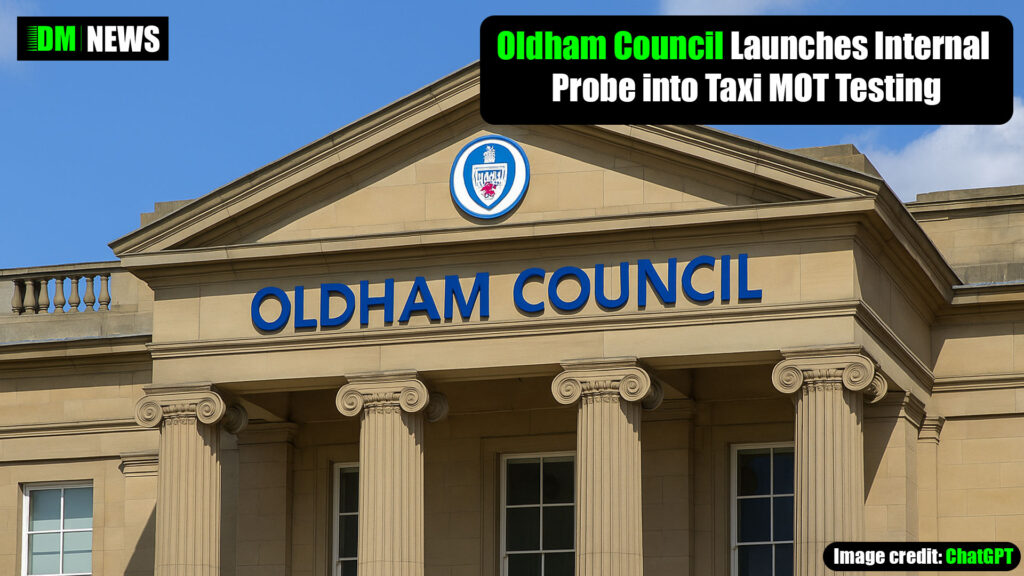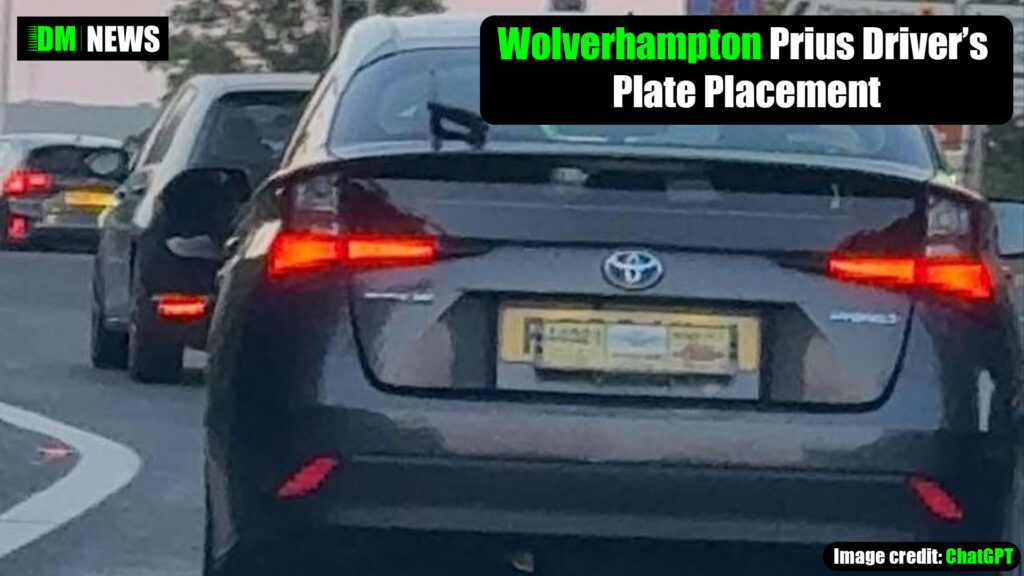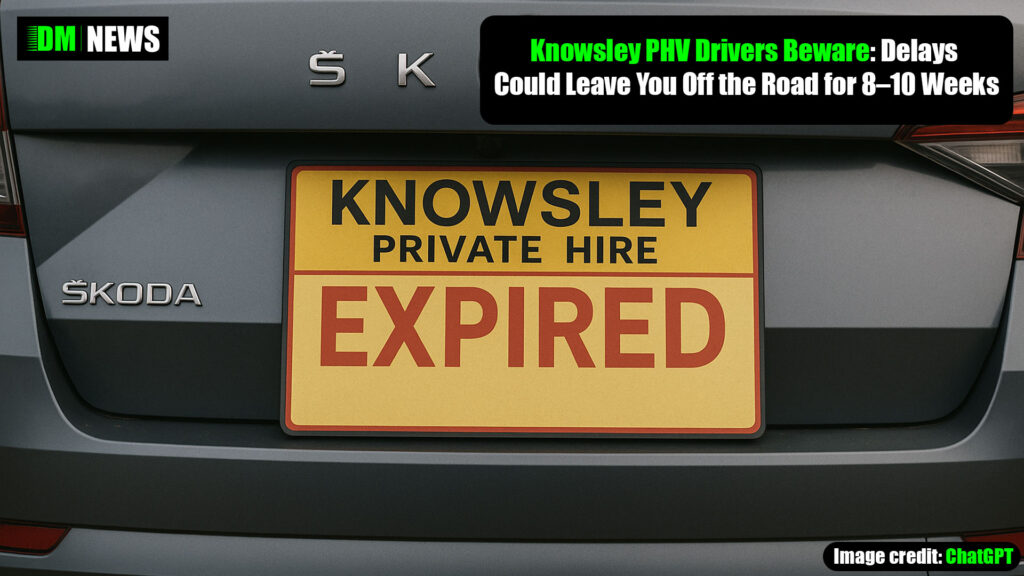Liverpool City Region Mayor Steve Rotheram has announced that the £2 single bus fare cap will remain in place across Merseyside until at least September 2025. This local move comes despite a planned national rise to £3 from January 2025, announced by Chancellor Rachel Reeves in the latest Budget.
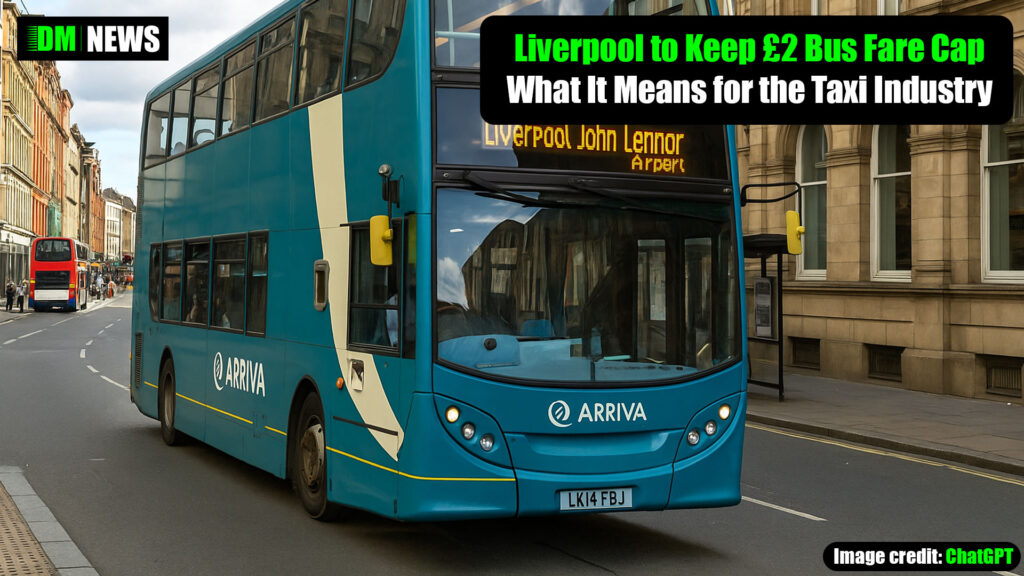
Affordable Transport Stays on Track
The £2 cap, originally introduced in September 2022 under the Bus Services Improvement Plan (BSIP), has been widely praised for boosting public transport use in the region post-COVID. With over 1.6 million £2 tickets being sold each month, buses now account for over 80% of daily public transport journeys in the Liverpool City Region.
Mayor Rotheram emphasised the importance of keeping transport affordable:
“Affordable and reliable bus services are key to ensuring that everyone, no matter their income or background, can get to work, access education, or simply enjoy all that our region has to offer.”
He also pointed out the benefits of devolution:
“By saving the £2 cap, we’re demonstrating the power of devolution. It gives us the freedom to take bold action, ensuring that the decisions we make are directly driven by the needs and priorities of the people who live here.”
Funding for the continued cap will be drawn from the region’s budget for its upcoming franchised bus network. The first publicly controlled routes are due to launch in St Helens in 2026, allowing the Combined Authority to set fares, routes, and reinvest profits.
What This Means for Uber and Private Hire Drivers
The extension of the £2 bus fare cap could have ripple effects for the private hire and Uber sector across Liverpool and Merseyside. With cheaper public transport remaining an attractive alternative, especially during the cost-of-living crisis, operators may see a dip in short local trips — particularly those under 3 miles.
For private hire drivers, especially those working on Uber, Bolt or independent circuits, it means fiercer competition for shorter fares during off-peak hours, such as school runs or casual local errands. Some passengers may opt for the £2 bus instead of a £6–£10 ride.
However, there may also be upsides:
- Congestion relief: With more people on buses, roads could become less congested, allowing for quicker journeys and improved earnings per hour.
- Focus shift to airport and long-distance fares: Operators may increasingly target airport transfers and longer intercity journeys where buses are less convenient.
Overall, while the move supports public transport users, private hire operators in the region will need to adapt their strategies — possibly focusing on service quality, flexibility, and niche offerings like executive travel or group bookings.
Thanks for visiting DM News! If you’ve got a question, story, or anything you’d like to say, head over to DriverMatty.com — I’d love to hear from you! And while you’re there, don’t forget to check out my other websites and social media channels.

